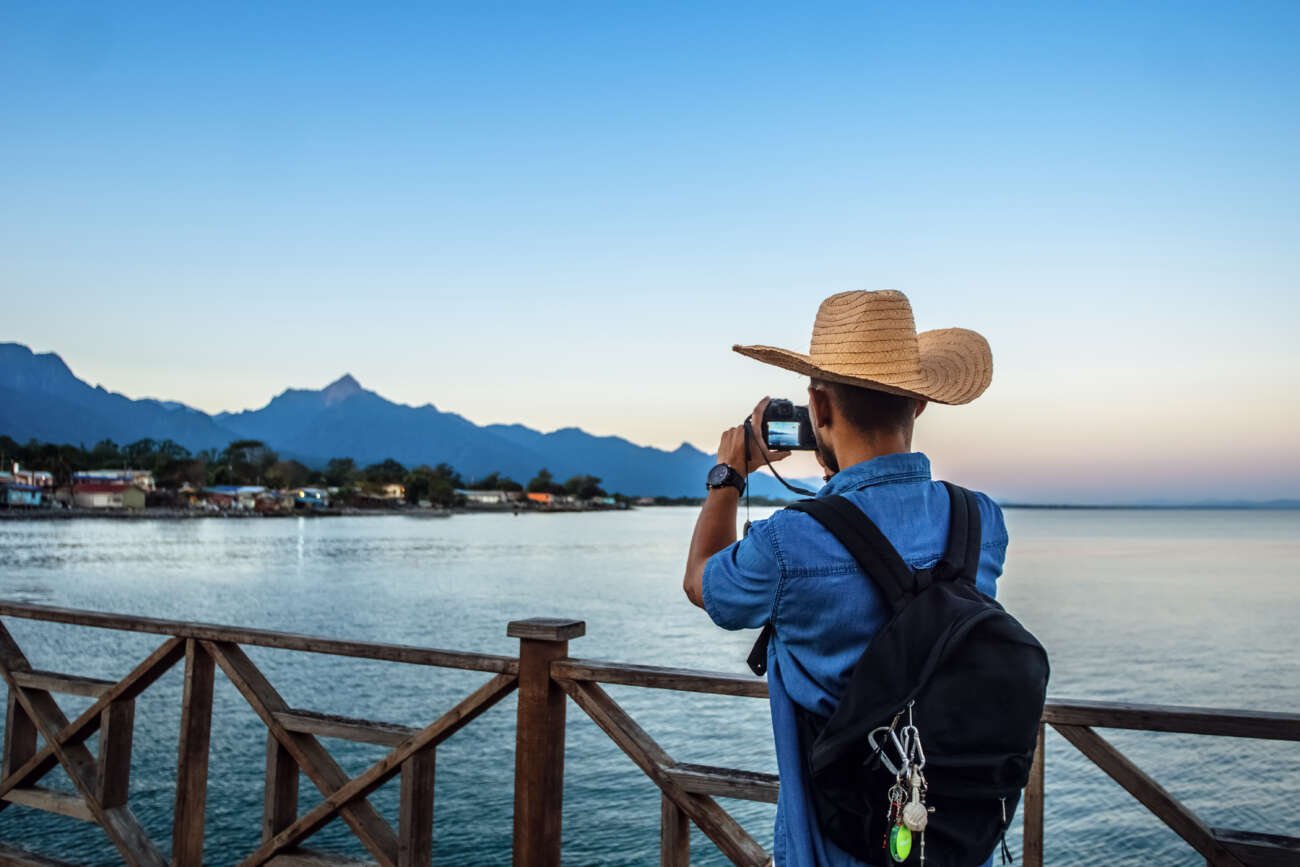Introduction to Solo Travel
Introduce solo travel as an experience that’s not only adventurous but also deeply transformative. Emphasize that traveling alone gives individuals the freedom to follow their own pace and preferences, making it an ideal way to build confidence and discover new perspectives.
Benefits of Traveling Solo
- Self-Discovery and Independence: Discuss how navigating new environments alone can help individuals learn about themselves, make independent decisions, and increase self-reliance.
- Enhanced Confidence: Mention how challenges faced during solo travel, like overcoming language barriers or navigating unfamiliar places, can boost confidence and adaptability.
- Making Meaningful Connections: Explain that solo travelers often meet new people along the way, creating opportunities to form friendships with locals and other travelers.
- Mindfulness and Clarity: Describe how solo travel allows for deeper introspection, helping travelers gain clarity on personal goals and values without external influences.
Planning for a Successful Solo Trip
Provide tips on planning a safe and enjoyable solo journey:
- Choose the Right Destination: Suggest that first-time solo travelers start with destinations known for safety, accessibility, and a friendly atmosphere.
- Prioritize Safety: Emphasize the importance of staying connected with family or friends, researching safe neighborhoods, and trusting one’s instincts.
- Embrace Spontaneity with Some Structure: Recommend a flexible itinerary that leaves room for spontaneous exploration but includes key plans to ensure a comfortable and fulfilling trip.
Conclusion
Encourage readers to consider solo travel as a path to personal growth, reminding them that every destination has lessons to offer. Emphasize that solo travel can be a life-changing experience that brings greater independence, self-awareness, and joy.





